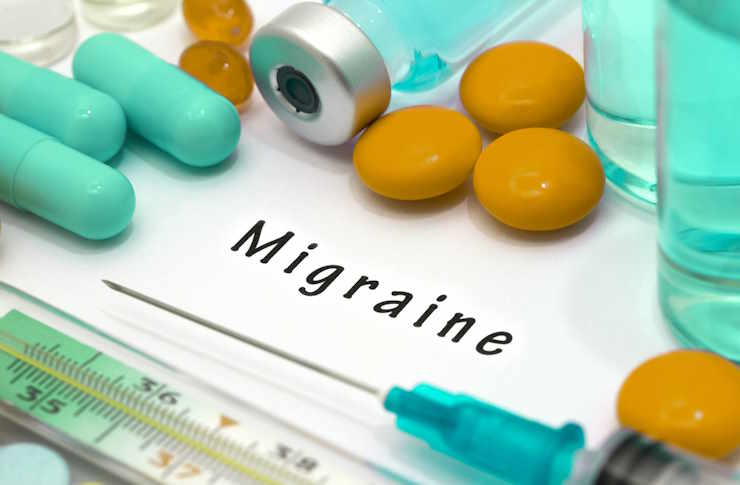Liposuction in Canada/Montreal: A Medical Procedure for Body Contouring
In Canada/Montreal, liposuction is recognized as a medical procedure aimed at body contouring and enhancing physical appearance. The effectiveness of this procedure, along with recovery time, can vary significantly based on individual health factors and personal circumstances. This highlights the importance of consulting with qualified medical professionals to understand the potential outcomes and alternatives, such as a tummy tuck combined with liposuction or non-surgical options for belly fat removal.

Understanding Liposuction as a Medical Procedure
Liposuction, technically known as lipoplasty or suction-assisted lipectomy, is a surgical procedure that removes fat from specific areas of the body through a hollow instrument called a cannula. The cannula is inserted through small incisions, and fat is suctioned out with a surgical vacuum. In Canada, the procedure is regulated and must be performed by licensed physicians, typically plastic surgeons who have specialized training in body contouring techniques.
Modern liposuction in Canadian medical facilities often employs advanced techniques such as tumescent liposuction, ultrasound-assisted liposuction (UAL), and laser-assisted liposuction. The tumescent technique, widely used in Montreal clinics, involves injecting a solution containing saline, lidocaine (an anesthetic), and epinephrine (to contract blood vessels) into the treatment area before fat removal, which reduces blood loss and facilitates easier removal of the fat cells.
It’s critical to understand that liposuction is not a weight-loss method but rather a contouring procedure designed to address specific areas where fat accumulates. Common treatment areas include the abdomen, thighs, buttocks, arms, neck, and back. In Montreal’s medical community, surgeons typically emphasize the importance of combining liposuction with healthy lifestyle practices for optimal long-term results.
The Role of Personal Factors in Effectiveness and Recovery Time
The effectiveness of liposuction and subsequent recovery time can vary significantly based on individual factors. Canadian medical professionals typically consider several personal attributes when determining candidacy for the procedure and projecting recovery timelines.
Age plays a significant role, as younger patients generally have better skin elasticity, allowing the skin to contract more effectively after fat removal. Body mass index (BMI) is another crucial factor—ideal candidates typically have a BMI below 30, with localized fat deposits rather than generalized obesity. Montreal surgeons often emphasize that patients within 30% of their ideal body weight tend to achieve the most satisfactory results.
Skin elasticity directly impacts the aesthetic outcome, as skin must retract after fat removal to create a smooth contour. Those with poor elasticity may experience skin laxity post-procedure. In Canadian medical practice, patients with significant skin laxity might be advised to consider additional procedures like skin excision or tightening treatments.
Recovery times vary based on the extent of the procedure and individual healing capacities. Most patients in Montreal clinics can return to light activities within 1-2 weeks, though complete recovery may take 4-6 weeks. Compression garments are typically prescribed for 4-6 weeks to minimize swelling and help the skin conform to the new contours. Personal health conditions, such as diabetes or cardiovascular issues, may extend recovery times and require additional medical oversight during the healing process.
Exploring Alternatives to Liposuction for Belly Fat Removal
For those concerned about belly fat but hesitant about surgical intervention, several non-surgical alternatives are available throughout Canada. These options typically offer more gradual results but with reduced risks and recovery time compared to traditional liposuction.
CoolSculpting (cryolipolysis) has gained popularity in Montreal clinics as a non-invasive option. This FDA-approved procedure freezes fat cells, causing them to crystallize and gradually be eliminated from the body naturally. Treatments typically last 35-60 minutes, with results appearing over 2-3 months as the body processes the damaged fat cells.
Radiofrequency treatments like Vanquish and TruSculpt use thermal energy to target and destroy fat cells without affecting surrounding tissues. These treatments, widely available in Canadian metropolitan areas, typically require multiple sessions spaced over several weeks.
Laser treatments such as SculpSure use controlled heat to damage fat cell structures. The procedure takes approximately 25 minutes per session, with results becoming visible within 6-12 weeks. Many Montreal aesthetic clinics now offer this option for those seeking non-surgical fat reduction.
For those preferring completely non-technological approaches, Canadian healthcare providers often recommend lifestyle modifications as the first line of approach. Strategic dietary changes focusing on reduced caloric intake, increased protein consumption, and limited processed foods can effectively reduce belly fat over time. Combined with targeted exercise protocols—particularly those incorporating both cardiovascular activity and strength training—many individuals can achieve significant improvements without medical intervention.
Liposuction Procedures and Providers in Montreal
Montreal has established itself as a center for cosmetic procedures in Canada, hosting numerous qualified plastic surgeons specializing in liposuction and body contouring. When considering liposuction in Montreal, patients have access to both hospital-based and private clinic options, each with specific advantages.
| Provider Type | Typical Setting | Average Recovery Support | Certification Requirements |
|---|---|---|---|
| Hospital-Based Surgeons | Hospital operating rooms | In-hospital monitoring available | Royal College certification required |
| Private Clinic Surgeons | Accredited private facilities | Outpatient basis with follow-up | Royal College certification plus facility accreditation |
| Medical Spas (limited procedures) | Spa-like medical facilities | Limited recovery facilities | Physician oversight required |
Prices, rates, or cost estimates mentioned in this article are based on the latest available information but may change over time. Independent research is advised before making financial decisions.
Most reputable providers in Montreal require an initial consultation to assess candidacy for liposuction. This typically involves reviewing medical history, examining the areas of concern, discussing realistic expectations, and developing a personalized treatment plan. Canadian medical standards require that patients receive comprehensive information about potential risks, including infection, contour irregularities, fluid accumulation, and changes in skin sensation.
Safety Considerations and Regulatory Framework
Canadian regulations governing liposuction are designed to ensure patient safety and procedural efficacy. In Quebec, liposuction must be performed by surgeons with specific qualifications, typically those certified by the Royal College of Physicians and Surgeons of Canada in plastic surgery or equivalent specialties.
Montreal facilities offering liposuction must meet strict provincial accreditation standards regarding equipment, sterility, emergency protocols, and staff qualifications. Additionally, anesthesia must be administered by qualified anesthesiologists or nurse anesthetists when general anesthesia is used.
Patients should verify a surgeon’s credentials through the Collège des médecins du Québec, which maintains a registry of licensed physicians and their specializations. Reputable surgeons will readily provide information about their training, experience with liposuction procedures, and before-and-after photos of previous patients (with appropriate consent).
The regulatory framework also requires thorough informed consent processes, ensuring patients understand both the potential benefits and risks associated with liposuction before proceeding with surgery. This emphasis on patient education and safety aligns with Canada’s overall approach to healthcare, balancing aesthetic desires with medical prudence.
This article is for informational purposes only and should not be considered medical advice. Please consult a qualified healthcare professional for personalized guidance and treatment.




